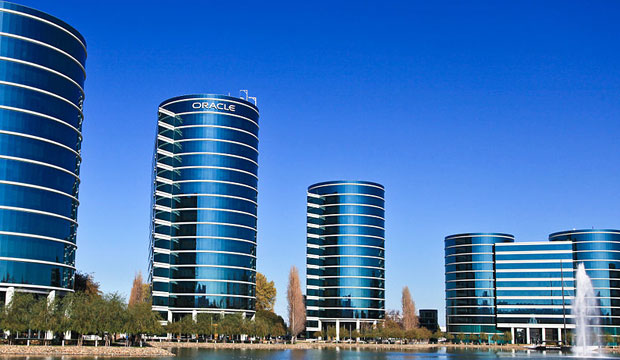Oracle will announce its Q1 revenue and profit numbers after the markets close on Wednesday. There’s more than a little excitement about what might be revealed, specifically if the company can continue its rise, thanks to its cloud products. The anticipated answer is yes, for a number of reasons, but there’s also potential for a surprise. First the surprise.
The company so far has been posting great numbers for its cloud products, including Software as a Service, Platform as a Service and Infrastructure as a Service, but it has been careful to note that the improvement was coming from net new business. That’s important because it’s less disturbing to the installed base, which has bought conventional licenses and pays maintenance — both important revenue streams.
As of last year’s OpenWorld, the installed base represented about 425,000 companies, including many of the world’s biggest and most demanding. It’s reasonable to figure that revenues will change as the base begins to migrate to the cloud, with Oracle capturing smaller incremental revenues from those customers in any quarter, but likely more revenue over time.
You’ll also see a declining maintenance stream that likely will impact overall numbers, though I don’t believe we’re there yet.
Mass Migration Unlikely
In my reading of the tea leaves, the installed base is so big and complex that there’s very little worry that it suddenly will make a dash to the cloud en masse, drastically changing the revenue model in the process. As they say, that would be a high-class problem to have.
My analysis is that we should expect some evidence of the cloud offerings cannibalizing the installed base, but that it will happen at a relatively stately pace, given the complexities involved.
To net it out, Oracle’s numbers should continue to improve, showing growth and a steady comeback, which is what’s expected when the numbers are revealed on Wednesday.
Good and Complicated
At the same time, keep in mind that such a discussion doesn’t say much about the quality of the revenues. Ideally, we’d want to see a lot of revenue from SaaS and PaaS, which involve Oracle development tools, and relatively less IaaS.
Infrastructure more often than not represents conventional applications that are removed from the computer room and sent to live in the cloud, and it’s relatively less profitable due to intense competition. IaaS is certainly cloud computing, but it doesn’t contribute in the same way as cloud-based apps running in the cloud.
At the same time, though, it does represent some amount of future revenue when customers ultimately decide to rebuild their apps.
So the takeaway from the numbers call likely will be, it’s complicated. However, it’s also likely that they’re heading north.
























































